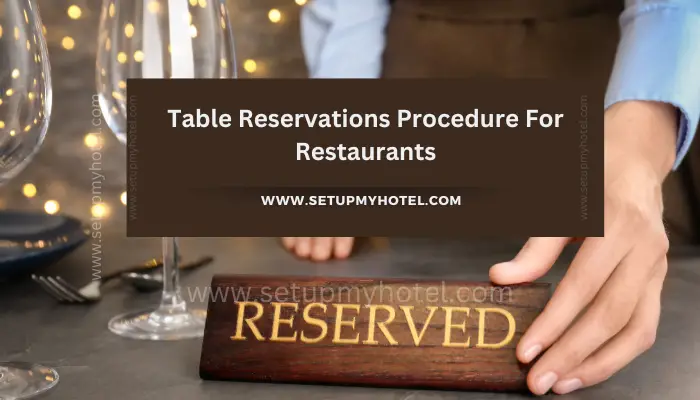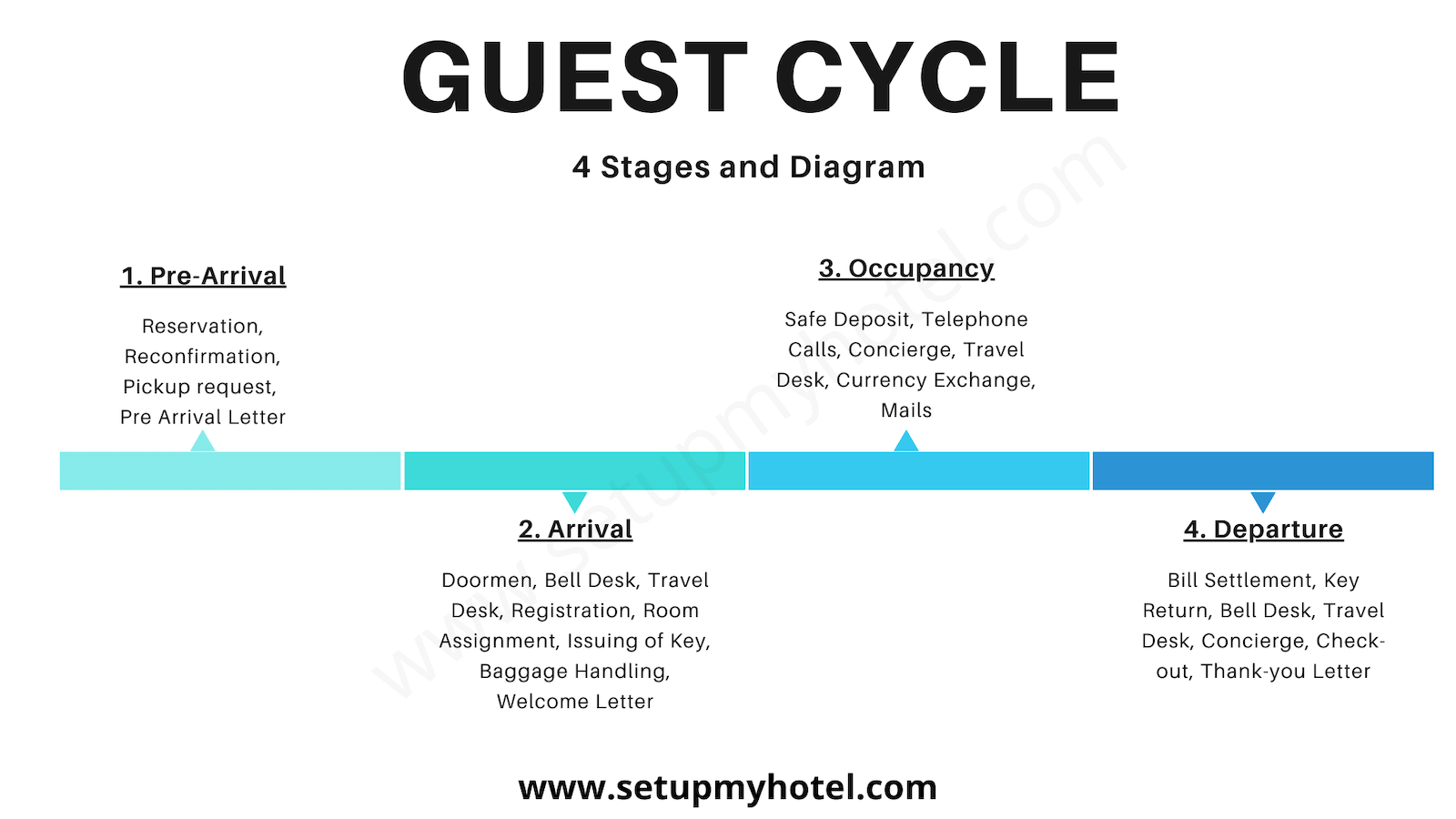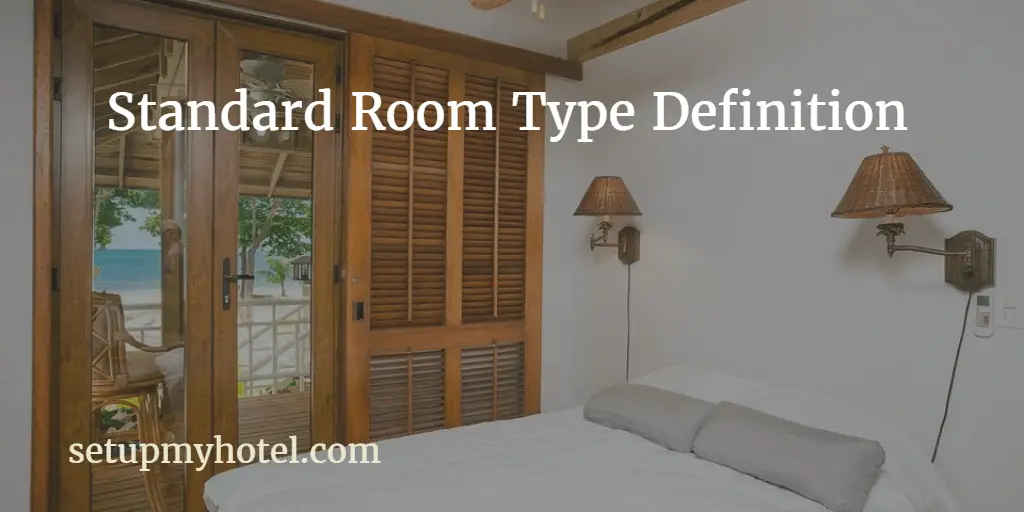Checklist For Selecting Online Booking System For Hotels

Checklist for selecting a booking System for your hotel Website An integral part of any Hotel website is its capability ...
Read more
Handling Table Reservation Problems In Restaurants | Hotels

Tips for Dealing with table reservation problems in Restaurants Table reservation problems can be frustrating, especially when you have been ...
Read more
How To Handle Table Reservations Request In Restaurant | Hotels

Table Reservations Procedure For Restaurants Managing table reservations is a crucial aspect of restaurant operations, ensuring that guests have a ...
Read more
Types Of Rates / Rate Codes Used In Hotels

Types of Rate Codes used in hotels Hotels always have more than one rate code category for each room type. ...
Read more
How To Take Occupancy Count / Room Count In Hotel Front Office
How to Accurately calculate Room Count in hotels Front desk agents need to know exactly how many rooms are available, ...
Read more
Key Terms / Jargon’s Used In Front Office
Key terms or jargon used in the hotel Front Office department American Plan ( AP) – A billing arrangement under which ...
Read more
How To Cancel Reservations In Hotels
How to Handle Reservation Cancellations in Hotels? A guest does a service to the hotel when they take time to ...
Read more
How To Handle Walk In Guest

How to Handle Walk Guests or Guests Without Reservations in Hotels In General, a Hotel is obligated to accommodate guests. ...
Read more
Guest Cycle: What It Is And How It Works

The Guest Cycle in the hotel with Four Stages and Diagram The Guest Cycle in a hotel refers to the ...
Read more
23 Room Types Or Types Of Room In Hotels | Resorts

Types Of Rooms in Hotels When it comes to booking a hotel room, there are many different types of rooms ...
Read more









